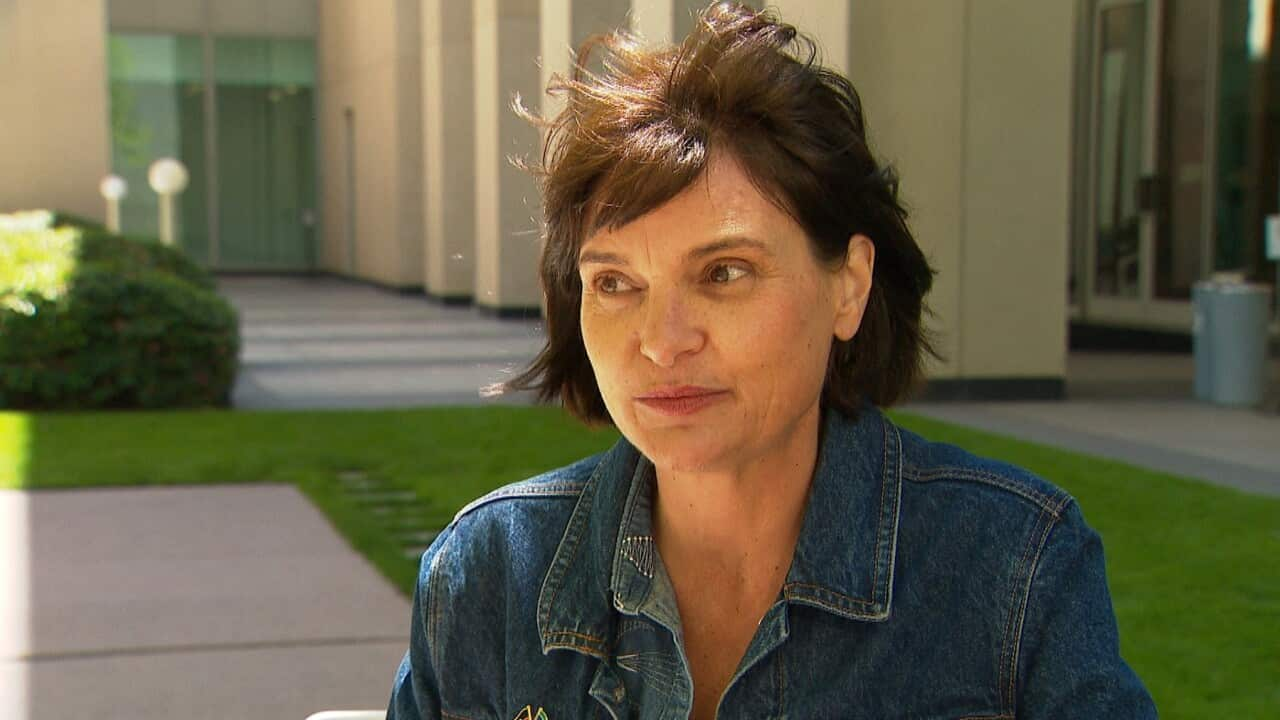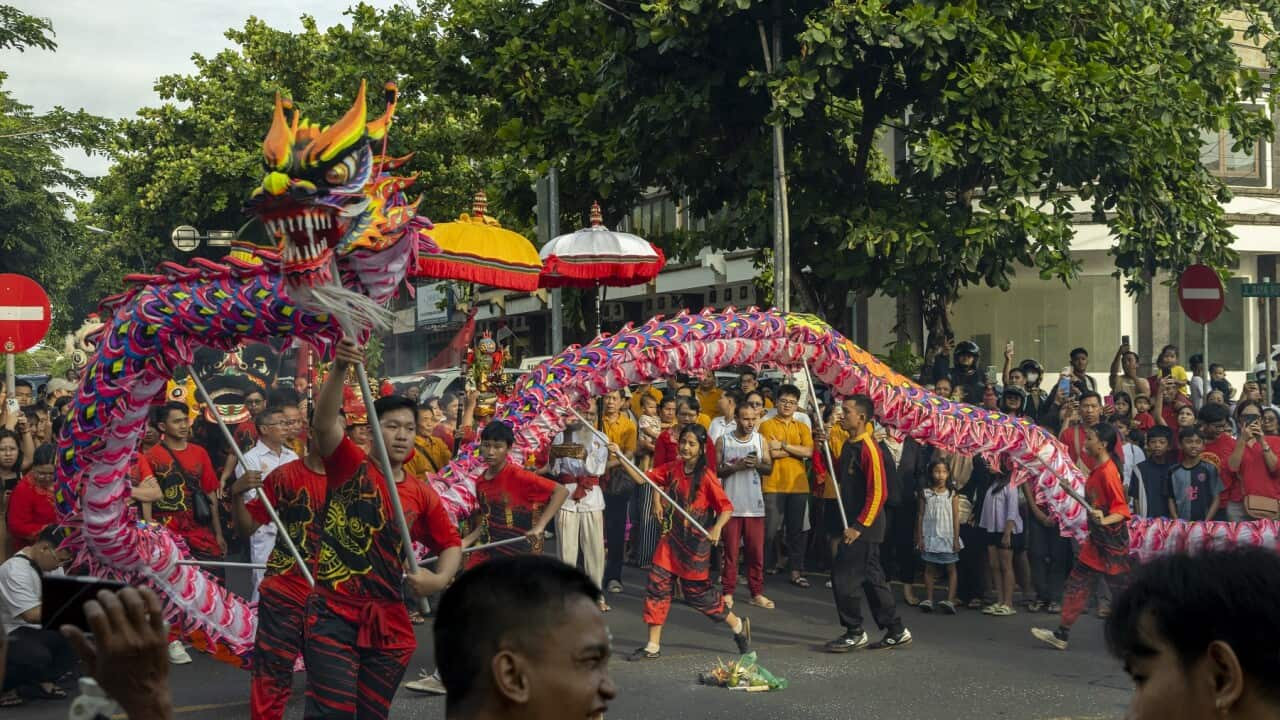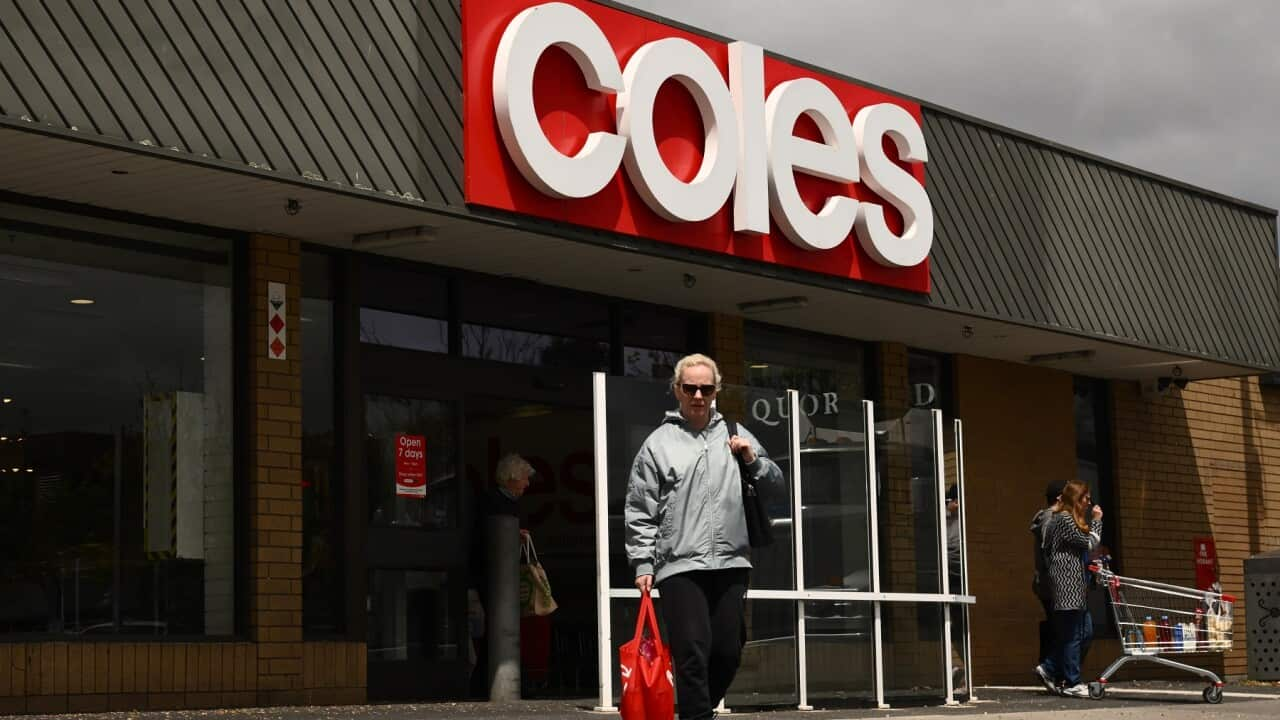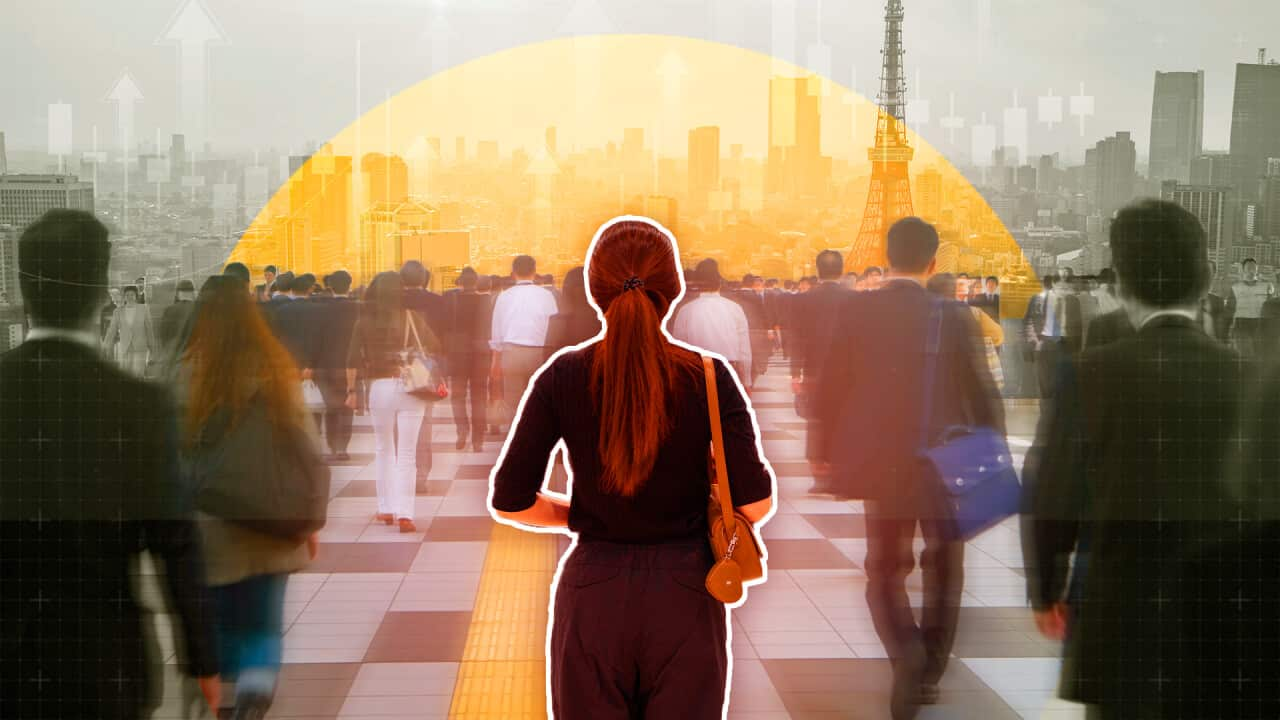Listen to Australian and world news, and follow trending topics with SBS News Podcasts.
TRANSCRIPT:
For 20 years, Rachel Bos was a school teacher, describing herself as passionate about Aboriginal education.
But the Kaurna woman says her teaching carrier had always been marred by racism.
"I've been passed over for promotional positions because they want to keep me in the classroom, because I was doing such a great job with Aboriginal kids. I've been given classes in subject areas I don't teach, because that's where the Aboriginal kids are - and somehow, playground duties."
She says it was hard to pinpoint racism in workplaces, because they were often small acts of micro-aggression.
Still, as these acts added up, Ms Bos eventually broke down in 2019, after a colleague of her made what they thought a joke about her.
"I was at the photocopier photocopying the poetry, I was down on all fours, trying to get a - it was clogged and wasn't working. And a colleague walked past and said, Rachel, the photocopying is not working today, it must be black."
Ms Bos finished that week.
She hasn't returned to a classroom since.
"Ordinarily it would just be water off the duck's back. But the thing about racism that I think it's really important for people to understand is that it's like death by a thousand cuts. The small little microaggressions add up over time, and the big things and everything - until you just can't cope anymore."
Ms Bos has now joined a roundtable in Canberra as a representative from the Australian Council of Trade Unions, joining community leaders and workplace advocates to call for a national inquiry into racism in workplaces.
The roundtable has heard that there has been a surge in racism over the past five years, driven by COVID-19, the Indigenous voice referendum, the October 7 attacks and anti-Indian political messaging.
Australia's race discrimination commissioner Giridharan Sivaraman says while people are aware of the negative impacts, there's no full picture as to how much workplace racism has cost society.
"Racism at work is a scourge. It's an issue that affects people at every step of the employment journey. It affects someone when they come from overseas and their qualifications aren't recognised. It affects them if their names aren't English sounding, then they can't get job interviews. It affects them when they're not culturally safe at work. But we don't know the full extent of it. We don't know how it's impacting people's lives. We know that it diminishes people, and it damages our economy, and our society as a whole, but we need to learn more."
While people can make complaints under the Race Discrimination Act, the commissioner says it’s a microcosm on what's actually happening.
He says systemic racism is stopping people progressing in their jobs but data is often incomplete because people are afraid to come forward or don't know where to make a complaint.
"We don't have sufficient data to know where racism is really targeting people. We know in a general sense where people are vulnerable, but we want to do an inquiry in parts that we can hear people's stories. We can identify which industry needs to move in and work with as a matter of priority."
Michele O'Neil is the president of the Australian Council of Trade Unions.
She says the 2018 Respect at Work inquiry into sex discrimination, which had all 45 recommendations implemented in policy, is the model that could deliver results on racism.
"And I'm pleased to see that now five years on, from when it was released, all of those 45 recommendations have been implemented, and it's making a difference in workers' life who have been harassed in the workplace. It's actually preventing harassment. More to do, but a big difference being made."
Ms O'Neil says unions have received complaints in every industry and sector, but that migrant workers in regional areas are particularly at risk of racist exploitation.
She expects a national inquiry into racism at work will have a positive impact on these areas of Australian society.
"So we think an inquiry into racism at work has the potential to do the same thing, bring out the issue, make sure that we understand them, develop strategies to deal with them, and then change workers life and workplaces for the better."













